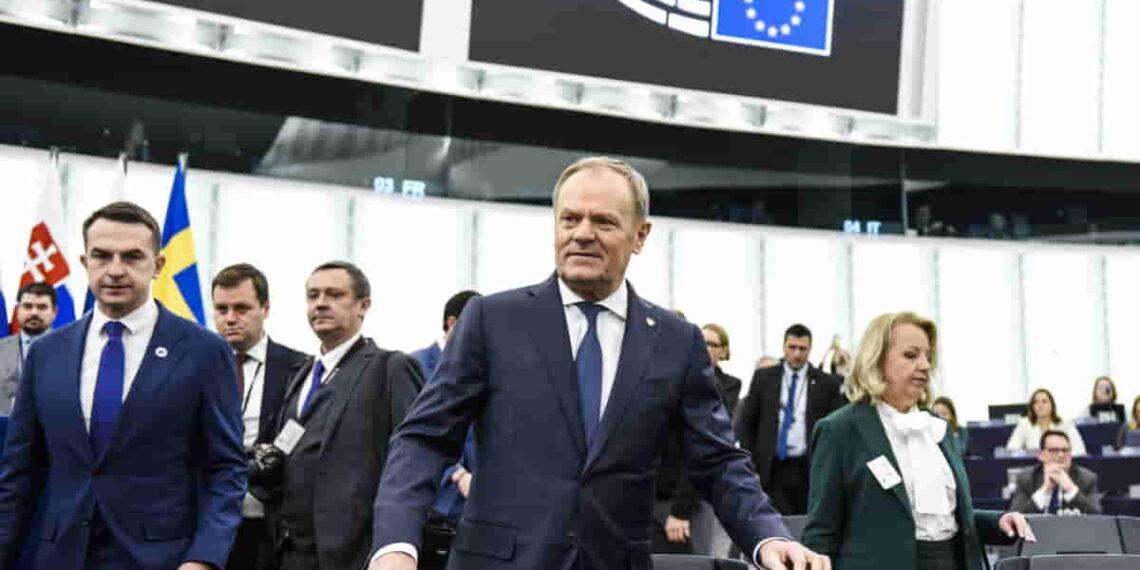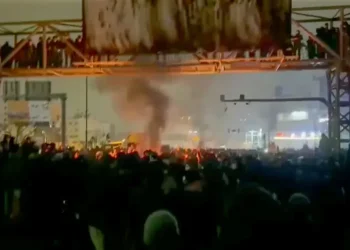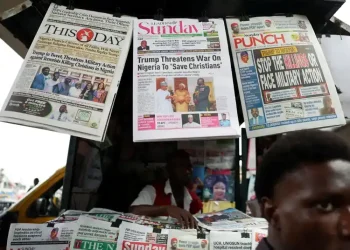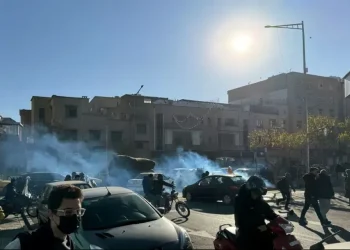EU Must End Military Dependence on the US, Says Tusk
The European Union (EU) must take responsibility for its own defense and increase military spending to protect itself and support Ukraine against Russian aggression, top EU officials emphasized on Wednesday.
“Europe Must Arm Itself to Survive”
Polish Prime Minister Donald Tusk, whose country currently holds the EU presidency, warned the 27-nation bloc about its over-reliance on the United States. Paraphrasing U.S. President John F. Kennedy, Tusk stated:
“Ask not of America what it can do for our security. Ask yourselves what we can do for our own security.”
Addressing EU lawmakers in Strasbourg, France, Tusk urged the EU to strengthen its defense capabilities, saying:
“If Europe is to survive, it must be armed.”
Tusk also expressed concern that U.S. President Donald Trump might prioritize peace talks with Russian President Vladimir Putin on terms unfavorable to Ukraine. Moreover, Trump’s insistence on European allies boosting military budgets further highlights the need for EU independence in security matters.
A Call for Confidence and Action
Tusk encouraged the EU to recognize its potential as a global power:
“We need to believe again in our power. We are strong, we are equal to the greatest powers in the world. The only thing we have to do is believe in it.”
He pointed out that Poland is allocating nearly 5% of its gross domestic product (GDP) to defense spending—more than any NATO ally, including the United States. Tusk urged EU countries to match this commitment at least until Russia’s threat diminishes:
“It is today that we need to radically increase our defense spending (but) not forever and ever.”
Warnings of Russian Aggression
EU foreign policy chief Kaja Kallas issued a stark warning about Russia’s military buildup and its readiness to test the EU’s defenses. Speaking at a European Defense Agency gathering in Brussels, Kallas outlined the numerous threats posed by Moscow, including sabotage, cyber-attacks, disinformation campaigns, and GPS jamming.
Kallas highlighted intelligence reports suggesting Russia may challenge the EU’s readiness within the next 3 to 5 years:
“Who else are we listening to if not to them?”
She underscored the disparity in defense spending, noting that Russia allocates 9% of its GDP to military budgets, compared to the EU’s average of 1.9%. Kallas stated:
“Russia’s defense industry is churning out tanks, glide bombs, and artillery shells in vast quantities. In three months, they can produce more weapons and ammunition than we can in 12. We are running out of time.”
Ukraine’s Fight is Europe’s Fight
Kallas emphasized that Ukraine’s ongoing resistance is buying time for the EU to strengthen its defenses. She described Russia as “a heavily militarized country that presents an existential threat to us all” and warned that Europe’s failure to invest in military capabilities projects weakness:
“Weakness invites them in.”
Despite calling for greater EU self-reliance, Kallas stressed the importance of the transatlantic alliance:
“The United States is our strongest ally and must remain so.”
EU Security and Defense Summit
EU leaders are scheduled to convene for a special meeting on February 3 to focus exclusively on security and defense issues. NATO Secretary-General Mark Rutte will attend the “informal retreat” outside Brussels to discuss the bloc’s strategy for addressing these urgent challenges.
Conclusion
The message from EU officials is clear: Europe must strengthen its defense capabilities, reduce reliance on the U.S., and act decisively to deter Russian aggression. As Tusk put it, “If Europe is to survive, it must be armed.”
This article was rewritten by JournosNews.com based on verified reporting from trusted sources. The content has been independently reviewed, fact-checked, and edited for accuracy, neutrality, tone, and global readability in accordance with Google News and AdSense standards.
All opinions, quotes, or statements from contributors, experts, or sourced organizations do not necessarily reflect the views of JournosNews.com. JournosNews.com maintains full editorial independence from any external funders, sponsors, or organizations.
Stay informed with JournosNews.com — your trusted source for verified global reporting and in-depth analysis. Follow us on Google News, BlueSky, and X for real-time updates.














